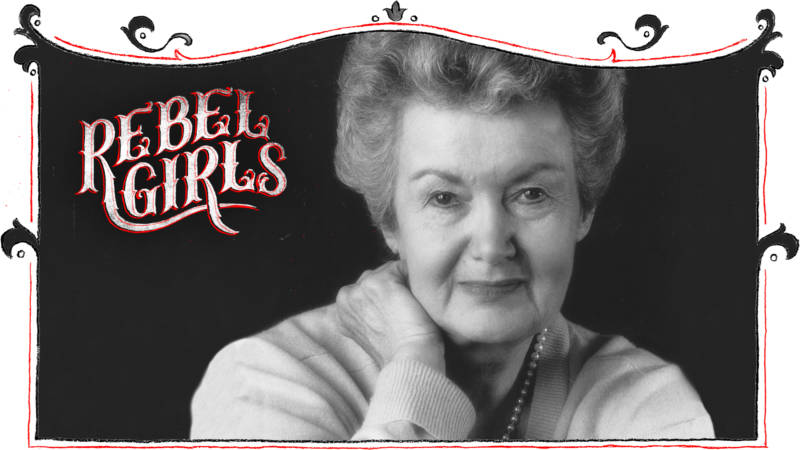”I did the cooking and preparing with one hand, while doing Meals on Wheels with the other,” she told the San Francisco Examiner in 1987. “All this takes determination and I get an enormous amount of pleasure out of it. When someone gets out of a hospital skeletal and in a few months has put his weight back on and tells you, ‘You’ve saved my life,’ it’s a good feeling.”
Ruth continued, “We use all fresh vegetables, no processed foods. I think I’m serving some of the best food in town. It’s how we show the guys we care.”
In addition to Ruth’s organizational abilities and overriding sense of determination, one of the keys to the organization’s early survival was the support of LGBTQ venues and groups (including the San Francisco Gay Men’s Chorus) that pitched in with regular fundraisers. Often the approach to raising money was exceedingly scrappy.
Tom Nolan, POH’s executive director once told SF Gate: “The epidemic was just raging out of control. She’d have people literally go to the bars at night and pass a hat around and then go buy potatoes.”
Between 1986 and 1988, the nonprofit’s budget swelled from $70,000 to $1 million. Ruth once told Time magazine simply, “You have to go out and beg.” In much the same way that Ruth had never envisaged having to so regularly persuade people to give her money, she also knew that the majority of the patients POH was serving never dreamed they would need charity to survive.
“They were executives, architects, computer programmers; they have lived a nice lifestyle,” she once recalled. “Then they run out of money and wind up in a ten-dollar a night motel. It’s very hard for them to ask for help — sometimes they wait until they’re nearly starving.”
By 1987, POH was operating out of the kitchen at Trinity Episcopal Church, aided by five chefs, several paid kitchen assistants, a sandwich maker, one driver, two vans and scores of volunteers including Ruth’s daughter, Sara. In 1987, Ruth also received an award from the National AIDS Network in acknowledgment of her efforts. The honor was effective at raising the profile of Project Open Hand. This led to assistance by philanthropist James Hormel, a $125,000 donation from Chevron, a $50,000 grant from the city for new kitchen equipment and a move to larger headquarters with a 4,000-square foot kitchen. By then, the extra space was desperately needed.
A year after the move, Ruth confessed that towards the end of POH’s time operating out of Trinity, “people were peeling potatoes and carrots in the halls, and making sandwiches in the vestry and the choir’s robing room was our computer department.”
Once in their upgraded headquarters in the Mission District, with the help of 100 volunteers’ eager helping hands, POH was able to make and distribute over 2,000 meals a day, still propelled by Ruth’s simple idea that food is love.
POH’s speedy growth was evidence of how great the need for the service was. By 1989, POH was serving patients across the Bay in Alameda County. That same year, after the Loma Prieta earthquake, the project provided food to tens of thousands of residents whose houses had been destroyed. Meals were delivered to the East Bay via BART and sheer force of will.



